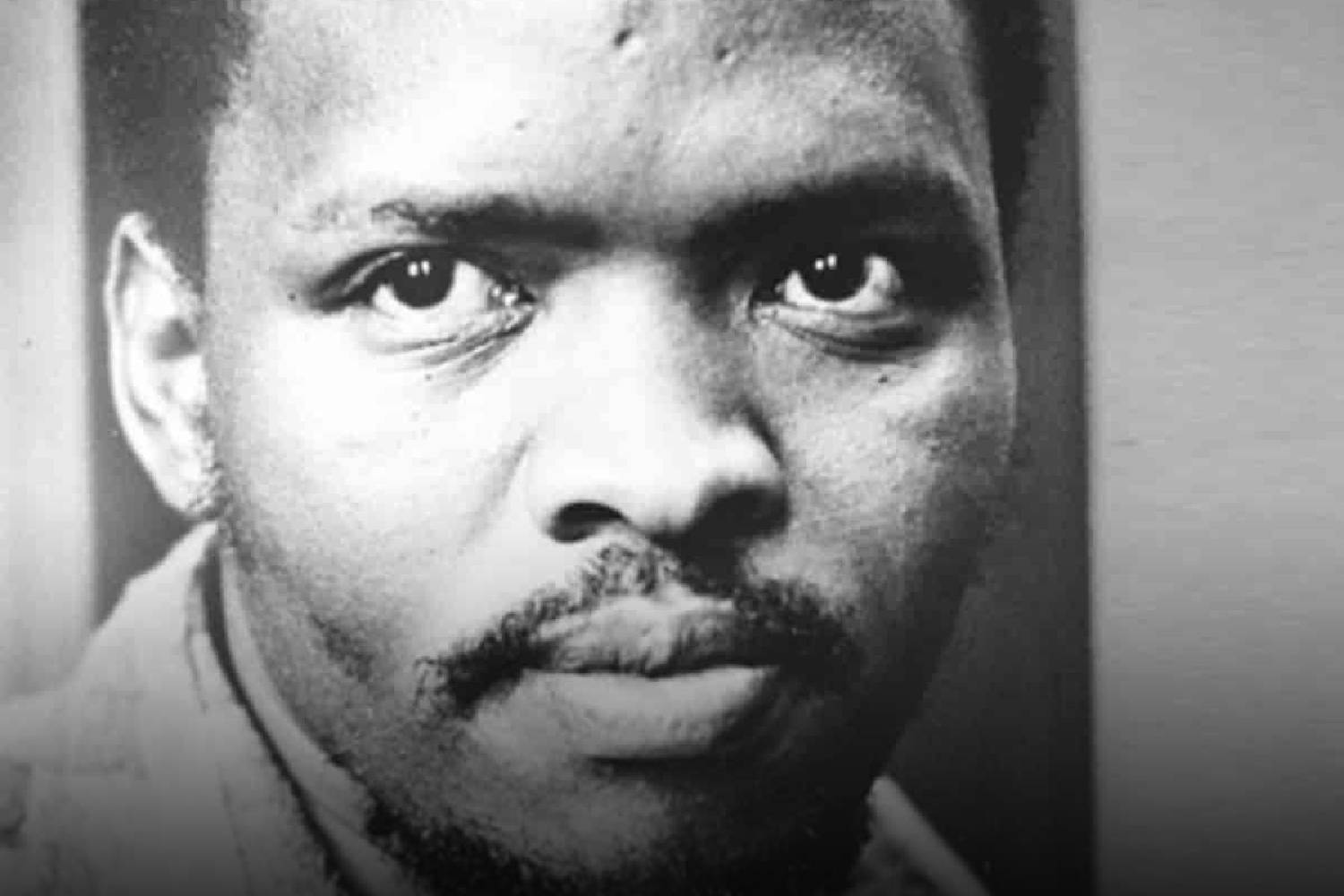January 28 marks a significant day in South Africa’s history, encompassing a range of events that reflect the nation’s complex and multifaceted past.
These historical events happened on 28 January
From the tragic to the hopeful, these events span various aspects of South African society, including its political struggles, cultural milestones, and the dark realities of the apartheid era.
1) Victor Ntoni’s Passing (2013)
On this day in 2013, South Africa lost a legendary jazz musician, Victor Ntoni, at the age of 65. Ntoni, renowned for his mastery of the bass guitar, passed away due to a heart attack at Johannesburg’s Helen Joseph Hospital.
Admired for his self-taught skills, Ntoni became a part of the famous Dollar Brand Trio in his teens and later received formal training at the Berklee School of Music in Boston.
His career spanned collaborations with icons like Hugh Masekela and modern artists such as DJ Black Coffee. Ntoni was not just a performer but also a dedicated music educator, particularly during the apartheid era.
2) Admittance of Biko’s Killing (1997)
On the same day in 1997, a pivotal moment in South Africa’s journey towards reconciling with its apartheid past occurred.
Four former apartheid-era police officers, including Colonel Gideon Nieuwoudt, confessed before the Truth and Reconciliation Commission (TRC) to their roles in the 1977 killing of Steve Biko, a prominent leader of the Black Consciousness Movement.
Biko’s death, following brutal beatings in police custody, had become a symbol of the cruelty of the apartheid regime and sparked international outrage.
The officers’ confession, two decades after the incident, highlighted the enduring impact of Biko’s legacy on the nation’s conscience.
3) Mthunzi Njakazi’s Assassination (1991)
The year 1991 saw the tragic death of Mthunzi Velemseni Njakazi, a member of the African National Congress (ANC), who was shot in Durban shortly after returning from exile.
Njakazi was attacked at the Warwick Junction taxi rank near the Berea police station, sustaining fatal injuries. The incident was alleged to have been carried out by Askaris, former ANC members who had defected to the Bureau of State Security.
The Durban City police’s response and the subsequent delay in getting Njakazi to the hospital were mired in controversy, with claims of a cover-up by the security forces.
4) Oliver Tambo’s Diplomatic Efforts (1987)
Oliver Tambo, the then-president of the ANC, met with a United States representative in Washington D.C. on January 28, 1987. This meeting was part of Tambo’s international diplomatic efforts to garner support for the anti-apartheid movement and the struggle for democracy in South Africa.
His actions were instrumental in raising global awareness about the injustices of apartheid and seeking international solidarity for the ANC’s cause.
5) Afrikaner Weerstandsbeweging Split (1989)
On this day in 1989, a significant split occurred within the Afrikaner Weerstandsbeweging (AWB), a far-right Afrikaner nationalist group. This division reflected the internal conflicts and differing ideologies within the group, particularly in the context of the broader political changes happening in South Africa at the time.
The split in the AWB was indicative of the shifting political landscape and the decline of extremist support for apartheid.
